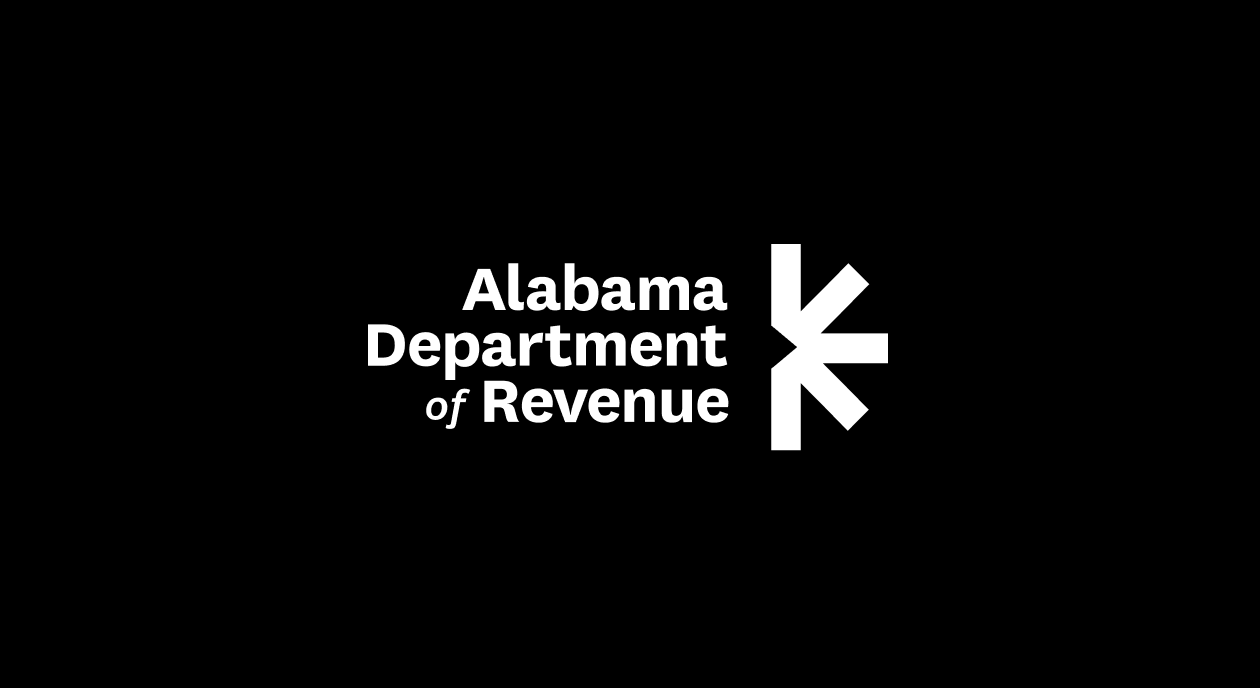Exempt retirement in Alabama is hard to define, and the Alabama Code, Section 40 (Revenue) is of little help.
Obviously, the trolls in Montgomery have exempted teachers and state employees who draw off the State retirement system. Also pension plans and retirement plans for professors in Alabama universities. Not too hard to figure that out, and how it came to be.
And Federal pensions - entirely tax free just as the abovementioned.
Retirees from TVA were not exempt, and took AL to court, and won. Then all Military Retirees (even though they originally had a $4750 exemption). Then retirees from the phone company - South Central Bell/Bellsouth, etc. became exempt. Then retirees from Lockheed, and the buyout from GM Saginaw plant in Decatur, AL.
There is no mention of these exemptions, other than TVA, in the Alabama Code. The reason I'm interested is because I don't know how much retirement in Alabama is even taxed at all any more. Lockheed, on their own letterhead, stated that their retirement was exempt upon "agreement with the Alabama Dept of Revenue."
It's like if any company suddenly jumps up and doesn't want their retirement taxed, they get a free pass.
I can't find any guidance whatsoever. ChEAr$ and other Alabama preparers, can you lend me some wisdom??
Obviously, the trolls in Montgomery have exempted teachers and state employees who draw off the State retirement system. Also pension plans and retirement plans for professors in Alabama universities. Not too hard to figure that out, and how it came to be.
And Federal pensions - entirely tax free just as the abovementioned.
Retirees from TVA were not exempt, and took AL to court, and won. Then all Military Retirees (even though they originally had a $4750 exemption). Then retirees from the phone company - South Central Bell/Bellsouth, etc. became exempt. Then retirees from Lockheed, and the buyout from GM Saginaw plant in Decatur, AL.
There is no mention of these exemptions, other than TVA, in the Alabama Code. The reason I'm interested is because I don't know how much retirement in Alabama is even taxed at all any more. Lockheed, on their own letterhead, stated that their retirement was exempt upon "agreement with the Alabama Dept of Revenue."
It's like if any company suddenly jumps up and doesn't want their retirement taxed, they get a free pass.
I can't find any guidance whatsoever. ChEAr$ and other Alabama preparers, can you lend me some wisdom??

Comment